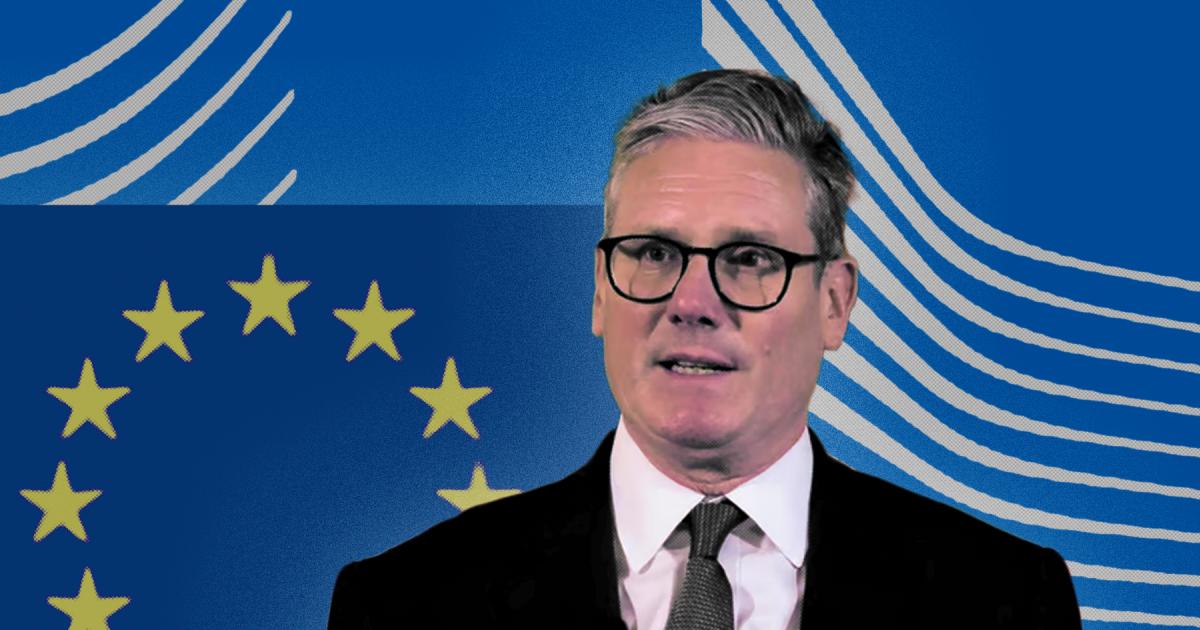The deal sees the EU’s access to UK waters being extended to 2038, over double the five years originally agreed in 2020. However, yearly quotas will continue to be agreed with the EU and Norway for how much fish are allowed to be caught.
On top of the extended agreement, there is set to be a £360 million ‘fishing and coastal growth fund’ which will be invested in new technologies and equipment that is set to revolutionise the industry.
A fishing boat in Maryport However, the deal hasn’t landed well with the fishing industry. Shaun Humphreys, the skipper for the Chelaris fishing boat in Maryport, said: “I am not sure you could publish what I think of the way we are being treated.”
Mr Humphreys lent his support to the statement released by the National Federation of Fishermen’s Organisations (NFFO), which said: “The NFFO is very disappointed with today’s deal and its impact on fishermen and their communities.
“This surrenders the best prospect that the fishing industry and coastal communities had for growth over the coming decade.”
However, in return for the agreement over fishing rules, the EU has reduced the checks and regulations on UK farming exports.
New sanitary and phytosanitary (SPS) agreements means that the UK can sell raw produce such as burgers and Cumberland sausages in the EU for the first time since Brexit.
This ban on UK exports of sausages, mince and other chilled meats, has been in place since January 2021.
The EU is the UK’s largest trading partner. After Brexit, there was a 21 per cent drop in exports and 7 per cent drop in imports seen.
Labour MP for Whitehaven and Workington, Josh MacAlister said: “Thanks to this Labour government, Cumberland sausages are back on the market in the EU.
“The UK-EU deal is the biggest post-Brexit agreement negotiated to date and fixes the botched Brexit deal we inherited from the Tories, which left Britain poorer.
“It will bring down food and energy prices, boost British farming, protect and create thousands of jobs, strengthen our borders and speed up passport queues for British holidaymakers.”
Labour MP Josh MacAlister (Image: Laurie Noble) According to Mr MacAlister, the deal has the backing of ‘everyone from the National Farmers Union to the Federation of Small Businesses, Asda to BAE Systems’.
Despite the SPS agreement, the NFFO believe that the dropping of regulation checks on exports may benefit salmon and shellfish farmers, but it will be very unlikely that the money will trickle down the chain to the men and women out fishing.
Writing in his politics column in The Whitehaven News, former Conservative MP for Workington Mark Jenkinson said: “Giving away our fishing rights until 2038 is a betrayal of our coastal communities; an agreement on ‘dynamic alignment’ with EU rules in various sectors might not only put at risk some of our post-Brexit trade deals, but more importantly means we’re a rule-taker with no say in those rules – governed by email from Brussels.”
The deal brings about reduction of red tape that placed burdens on businesses and led to lengthy lorry queues at the border.
Mr MacAlister added: “It [the deal] has been possible because this government is looking forward, rolling up its sleeves and striking deals that get Britain growing, instead of looking back to tired old debates about Brexit.
“Reform and the Conservatives oppose this deal without an alternative. They need to explain to west Cumbrian farmers, businesses and shoppers why they should pay the price for their weird ideological obsession.”
